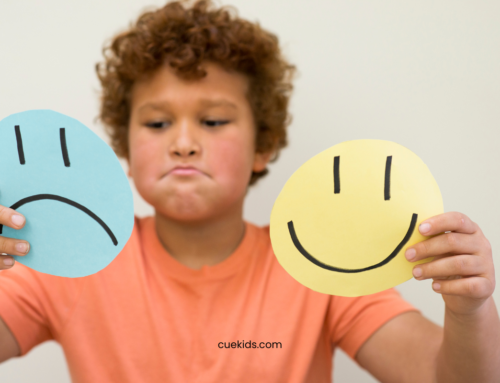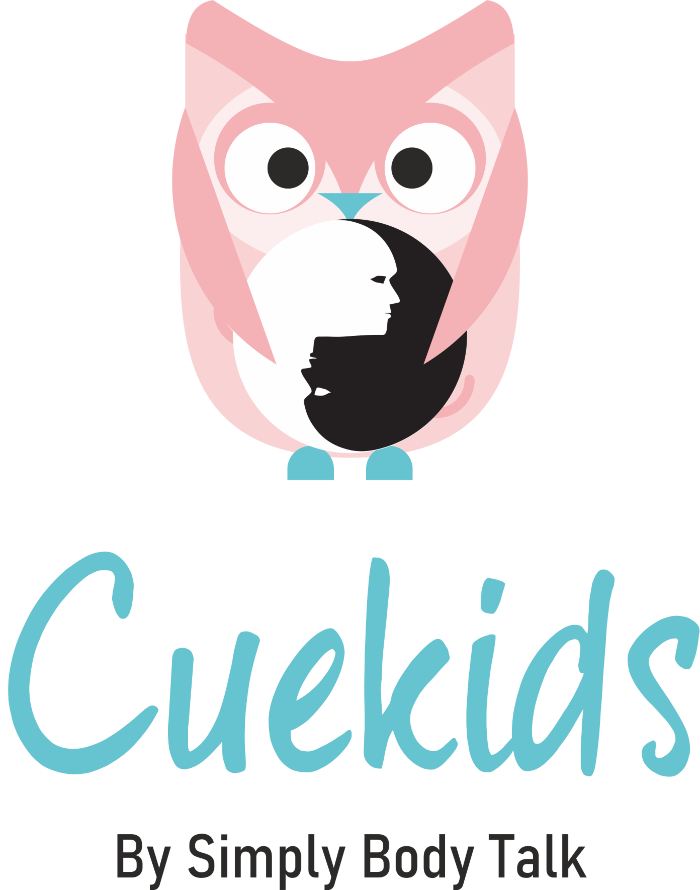“Empathy builds on self-awareness; the more open we are to our own emotions, the more skilled we will be in reading feelings.” – Daniel Goleman
Teaching children about emotions is as important – if not more – as teaching how to speak, read or walk. Research has shown that children who are better at understanding their emotions, grow up to become better communicators, are more empathetic, have a better set of social skills, and are more likely to form healthy relationships and bonds.
What having a high Emotional Quotient looks like;
- Increased awareness of one’s emotions – Children are more aware of the intensity, type as well as quantity of emotions they are experiencing.
- Increased awareness of others’ emotions – Children develop skills that help them find out and understand what emotion others are feeling based on external cues like expressions or situations.
- In-depth and increased vocabulary – Have you seen your child get baffled when asked how they are feeling? This is either because they don’t know what it is they are feeling or they don’t know how to articulate their thoughts. Emotional intelligence helps children develop a wider range of vocabulary that encourages them to gather the necessary skills to help them communicate what they are feeling more accurately.
- Empathy & Sympathy – How many adults do you know who can correctly differentiate between sympathy and empathy? This is because we were never taught how important it is to segregate between the two. Empathy is understanding what others are feeling, while sympathy is feeling pity for others. EQ allows your child to not only understand this difference but also become more empathetic towards others.
- More Resourceful – An emotionally healthy child is more likely to deal with challenges better. Instead of letting their emotions take over them, they become the master of their own well-being. EQ provides them with the required skills to cope more flexibly with changes.
Parents role in developing Emotional Intelligence
Lessons in empathy and emotional intelligence for children can and should begin as early as during infancy. Since you, as parents/caregivers, are the first-ever human interaction in your child’s life, it is needless to say that their journey towards becoming emotionally healthy individuals should also begin with you. Though some emotional skills are sharpened through other relationships that the child develops over time – such as friendships – emotionally skilled parents can do much more to help children develop the basics such as learning how to recognize, manage, and harness their feelings; empathize, and handle feelings that arise in other relationships.
In conclusion, amidst the hustle-bustle of excelling academically, one often tends to overlook the importance of developing emotions. However, understanding and putting the components of emotions into action thoughtfully and intentionally can make a drastic difference in not just your child’s life, but those around them as well.






[…] a high EQ plays a very important role in addressing, not just these, but any type of questions asked to you. […]
[…] goal. To be able to face that and yet not let it affect your esteem requires a certain level of emotional intelligence. Teaching children to be okay with losses and failure through sports, allows them to transfer that […]
[…] influence the tiniest decision we take in day-to-day life to the life-changing ones. Developing Emotional Intelligence in early childhood can help build a strong sense of self and self esteem in your child. A child […]
[…] who have developed emotional intelligence are better able to control their emotions and stay on track. Children with higher emotional […]
[…] we dive into what primary and secondary emotions are, let me ask you something. What emotions will you feel when you get into an argument with your partner? Probably angry, sad, disappointed, […]
[…] includes their beliefs, thoughts, desires, and emotions about social groups and […]
[…] We, as parents, are very protective of our children. It keeps the children away from adapting to difficult situations. According to psychologists, a kid who has never played outside or experienced a minor injury like a skinned knee often develops a fear of things. It is, therefore, important for kids to understand that the way to succeed is through failures. Falling a few times will help them know the effort it needs to be a successful person. Let them experience this; it will help them be less arrogant and boost their self-esteem. […]